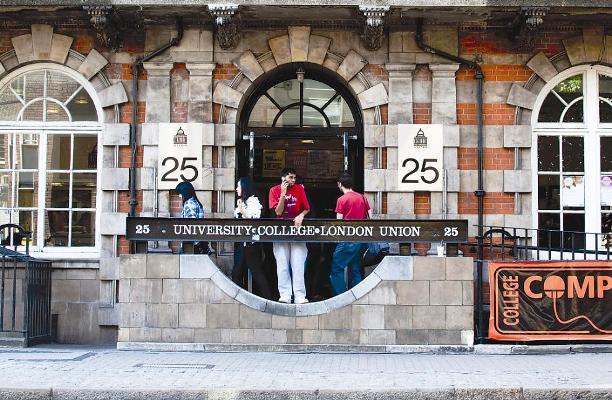![]()
The Words of the Huish Family
|
|
The Words of the Huish Family |

I spent three years studying biochemistry at University College London. Graduating in 2008, I reflect on that time and appreciate that they were some of the best years of my life. (I'm only 26, yet each year seems to get better and better!) I loved studying, and in many ways I chose biochemistry purely because I enjoy the subject, not because I intended to become a laboratory scientist. I enjoyed locking myself away from the world and immersing myself in knowledge, plowing through books and discovering a fascinating world of proteins, enzymes and metabolism, discovering for myself what amazing scientists had discovered previously through elegant method and ingenious revelation. For me, biochemistry was a religious experience, growing in awe of God's creation.
But do I use any of that information to help me in my job today? -- No.
I'm sorry if I disappoint you. Perhaps one day in the future I might return to my scientific qualifications. I still plan to become a science teacher, maybe after I've retired (or been laid off) from my spiritual career.
Nevertheless, I frequently put into practice many other skills I acquired while studying at university. The lessons from which these talents were learnt did not occur in the lecture halls or research labs but rather in the student union.
I was very involved in my student union. For three years in a row, I represented the biochemistry students on the staff-student consultative committee. I established and presided over the UCLU Interfaith Society (now known as the Students of Faith) which allowed me to sit on the societies board for 2 years, from which I was elected to sit on the activities board during my final year. I wouldn't say I got heavily involved in student politics, but I did make friends with those who were, and I was able to learn a lot about how student politics worked. In an institution like UCL, where many contemporary political issues are tackled head-on, this was pretty close to the real thing in Westminster.
So what did I learn? Although at first I was of the opinion that all the bureaucracy was a waste of time and inhibitively tedious, I discovered that actually there were many good reasons to justify it. Preparing a budget with a contingency plan, considering health and safety, doing CRB checks and registering participants all became rather important. Booking a room became very competitive, especially when there were hundreds of other clubs, societies and groups eager to find sufficient space for their events. After attending many meetings, I could experience the value of a well planned and executed meeting, with a draft agenda prepared in advance so that I knew what the meeting would be about, and with good minutes taken to accurately reflect only the essential action points. A chairperson always did their best to keep meetings as brief as possible, with the minimum time spent on tangential distractions. Good communication was championed and checking your email inbox became a rather saintly habit to adopt. Things also became serious when I discovered that certain actions could be illegal, so adhering to laws -- like the 1998 Data Protection Act -- became rather important.
Meetings are a rather important part of my spiritual mission. Far from being a necessary evil, I believe that purposeful meetings can enhance the efficacy of our work. I try to share the culture of good meeting etiquette I learnt at UCL with the people with whom I work and I hope that some of these good practices are adopted in other meetings across our community.
My education at UCL was a lot broader than just a bachelor degree from the life science faculty. My advice to all current and prospective students is to dedicate some portion of their free time to the social side of student life. Naturally a degree of self-discipline is required to balance any extracurricular commitments with the obvious need to study, but I strongly recommend getting involved in student clubs and societies, making lots of good friends within the student community and getting involved in student politics. The things you learn and the people you meet there just might help you in your career more effectively than your academic qualification.